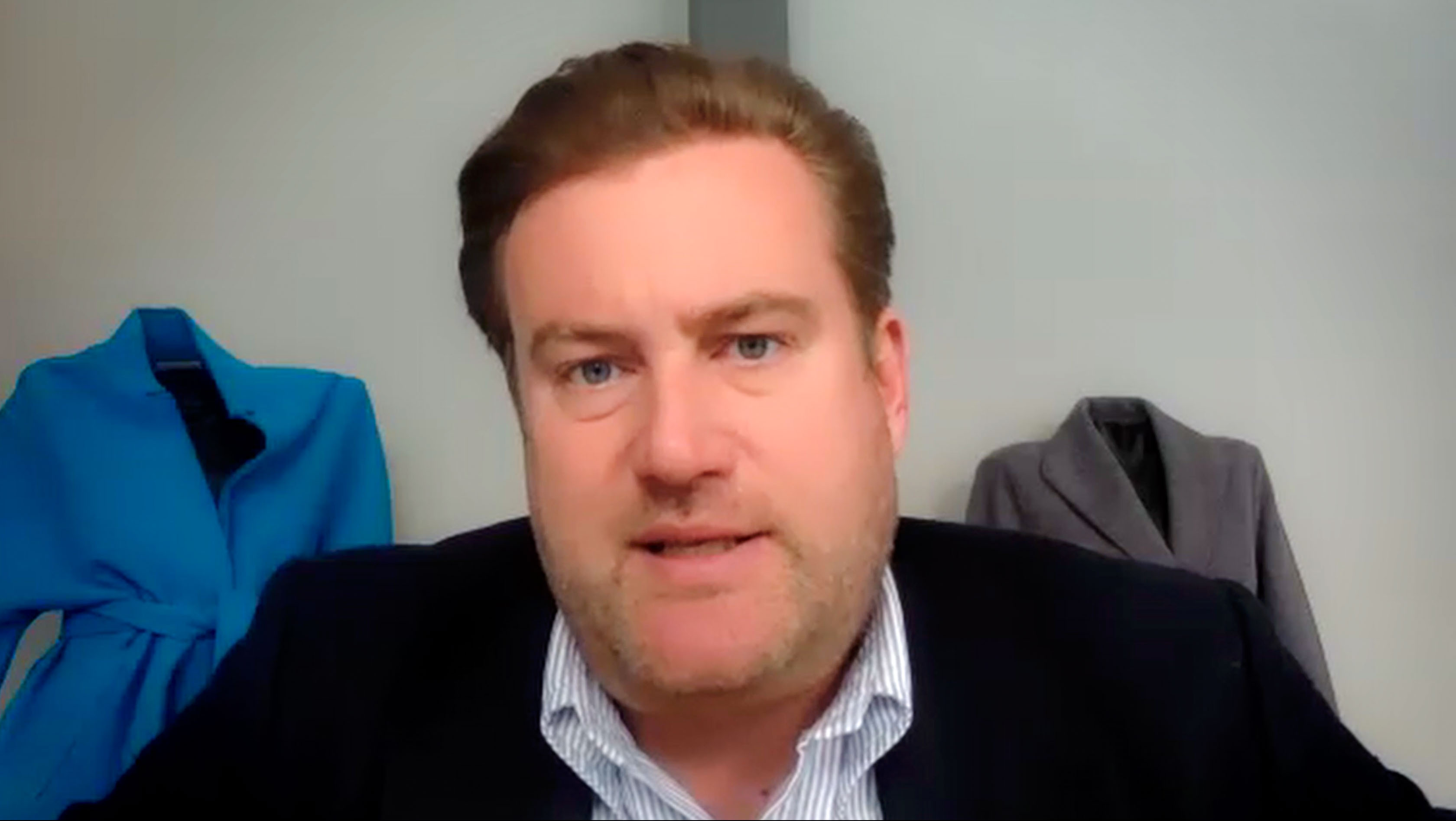
Brand Heritage
Former Marketing Director at Richemont, IWC Schaffhausen
inpractise.com/articles/luxury-brand-heritage-storytelling
Why is this interview interesting?
- Why a brand’s heritage is so important to the foundations of the business
- How to bring the heritage to life through storytelling
Jens Fabian Herdieckerhoff
Former Marketing Director at Richemont, IWC Schaffhausen
Interview Transcript
Why do you think heritage is so important to building a brand?
I think it’s absolutely key. It doesn’t mean that you can’t build a new brand out of a brilliant idea or some superb design, but especially for hard luxury goods, say, watches and jewelry. The heritage is key because people want to buy a product that has a timeless value. That’s what’s so important about it. If you buy a piece of clothing, we’re not talking about fast-fashion, even if you buy a piece of clothing that’s worth a lot of money, you know that it’s going to go out of fashion at some point. With a watch, that’s not the case. If you buy a classic such as an IWC Portuguese or a Rolex Oyster or whatever, you know that you can probably pass it on as Patek Philippe says in the advertising, you pass it onto the next generation or even more than that. That’s why having the background, seeing the brand has been around for so long, it gives you the comfort of believing that the intrinsic value stays and you’re not squandering your money, it’s quite simple.
How do you bring that heritage to life when messaging to younger people?
It’s really about the message, not so much the channel. Back then, there was no social media the way we know it today. We really transmitted that message to all of our channels, be it online through the websites with the detailed texts that explained it, with printed books, with a magazine that the brand brought out. A printed magazine that was sent out to clients. I think it was four times a year, that always illustrated parts of the history. Books were made. A museum was launched for people that visited the brands. We made a lot of movies about the watch-making aspect, about the history. Basically, it’s an omni channel approach to communication. You really have to play all the channels. Today, of course, it’s extended to all of the social media channels that we didn’t have at the time. The message hasn’t changed. The vehicles maybe are slightly more digital now than it was back then, but the message is the same.
You have the same message across all channels, just delivered in different ways.
Exactly. The message is really again about that authenticity, it’s probably the most important word. You want to be authentic. You want to have an authentic quality. Especially in newer markets such as in Asia back then for us, it was really important for clients to understand that this brand had been there for a long time, even if they had not heard about it before because otherwise they would have not spent that amount of money on the product. They would have gone to a brand, to one of the bigger brands, say, Rolex, because they were sure that that brand delivered this continuity and this heritage. That’s why we’ve had to convince these new customers that IWC had the same stature.
Copyright Notice
This document may not be reproduced, distributed, or transmitted in any form or by any means including resale of any part, unauthorised distribution to a third party or other electronic methods, without the prior written permission of IP 1 Ltd.
IP 1 Ltd, trading as In Practise (herein referred to as "IP") is a company registered in England and Wales and is not a registered investment advisor or broker-dealer, and is not licensed nor qualified to provide investment advice.
In Practise reserves all copyright, intellectual and other property rights in the Content. The information published in this transcript (“Content”) is for information purposes only and should not be used as the sole basis for making any investment decision. Information provided by IP is to be used as an educational tool and nothing in this Content shall be construed as an offer, recommendation or solicitation regarding any financial product, service or management of investments or securities.
© 2026 IP 1 Ltd. All rights reserved.


